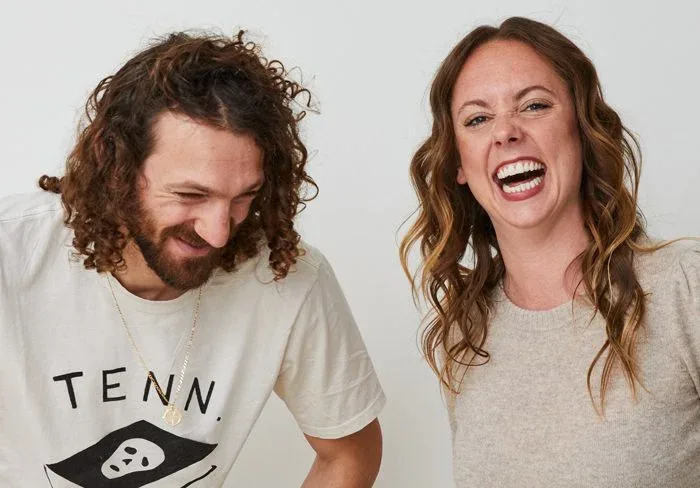In a recent Facebook Live Q&A, one of my friends asked me this question:
“If I was able to get together a decent amount of cash for a business investment, do you think Amazon private labeling is the best? What about dropshipping or trying to get cleared to sell licensed products like Apple?”
This is a phenomenal question. If you have money and you want to invest in a business model, is it best to start with dropshipping, private label or licensed products?
Dropshipping vs. Private Label vs. Licensed Products
First, I’ll say this: In my opinion dropshipping is not a business. It’s a hustle. It’s cashflow.
You are selling a product that every other seller has access to, and because multiple people are often selling the same product, there’s no unique value proposition. You’re not adding anything new to the marketplace.
The best case scenario? You target a niche group on Facebook, run ads to them, sell your product and make a little profit, and then move on to the next product.
It’s turn and burn. It’s an ongoing cycle. You’re not building a business that is sustainable or has any real value.
But that’s not to say that there’s no value in starting a dropshipping business.
It can be a great way to learn Facebook ads when you have very little money to invest. Dropshipping doesn’t require you to hold inventory or build much infrastructure, so it’s relatively inexpensive to get started.
So you can learn ads, learn sales funnels, learn the game… And that’s really valuable.
But if you’re wondering how you can invest your time, money and energy into something that’s going to grow over time and become more valuable…
Between these 3 models, the best option is definitely a private label brand on Amazon.
When you sell licensed products, you’re at the whim of the licensee. You’re putting your resources toward building someone else’s brand.
In the case of Amazon, however, you can find a product that you really believe in. That way, you’re actually adding something valuable to the market place that is unique to your brand and that solves a problem that hopefully nobody else solves.
You can even customize the product specifically for your brand. That’s what I did for my skincare formula: At first we were selling a formula made by another company, but then I customized it and tailored it to my audience; I slapped my own label and packaging on it and began to tell a story around what was now my product.
The “Hunting vs. Farming” Analogy
To illustrate my outlook on brand building, I like to use a “Hunting vs. Farming” Analogy.
When it comes to business, I don’t want to go out and spear a fish that will only feed me for a day, because tomorrow I’ll have to go to the river and do it all over again.
Instead, I want to grow mango groves. I want to plant seeds and water them every day so eventually they fruit into trees that will feed my family for generations.
Want to learn more about different business models?
Check out this Smart Marketer blog post: The Best Business Model to Scale, Support and Sell.
In this post, I analyze my 5 brands to highlight the pros and cons of selling physical products, info products, services and SaaS.




